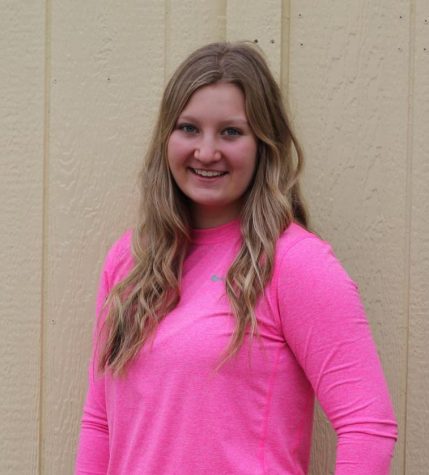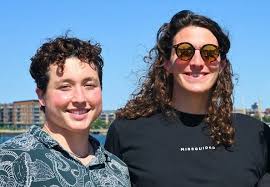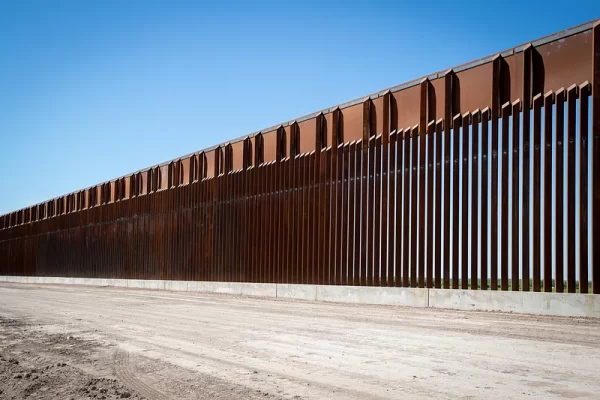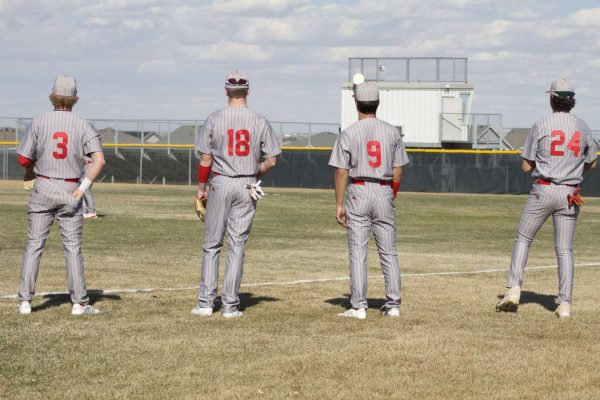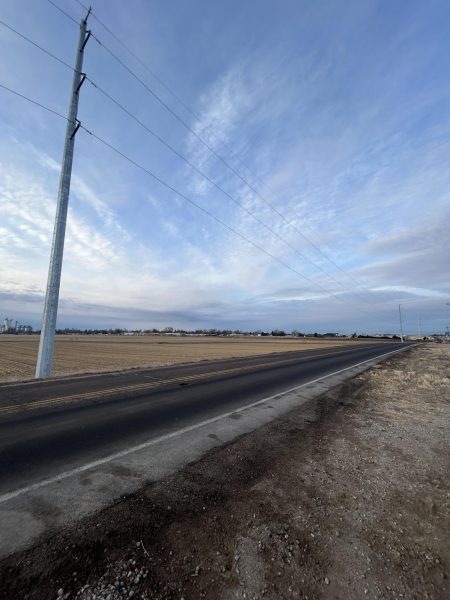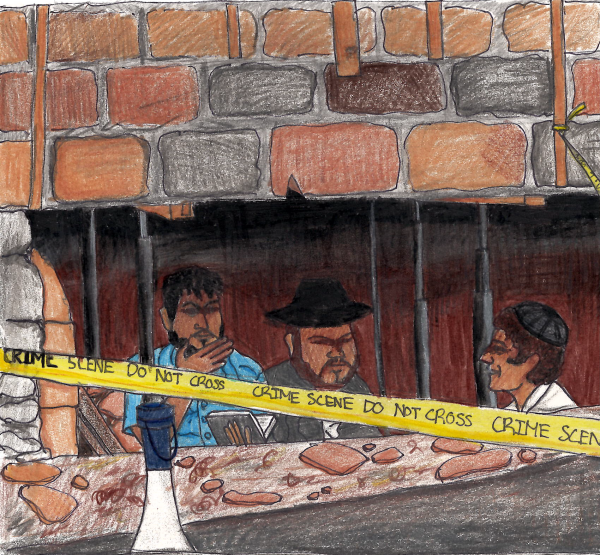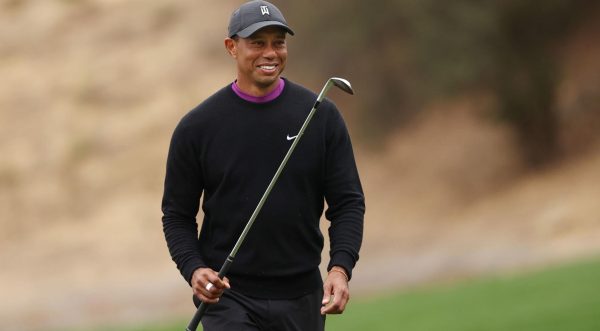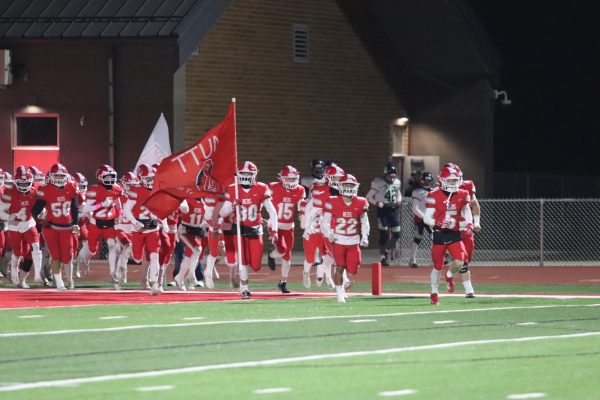The nation is faced with one of the worst blood shortages in decades
Covid-19 causes limited blood drives and donations

Covid-19 has caused the nation to face one of the worst blood shortages in decades. Participation from donors in organized blood drives have significantly dropped. Covid-19 being so widespread, made usual donors afraid to visit blood banks and donate blood. Schools and businesses closed, limiting blood drive locations. Blood drives at high schools and colleges have decreased 62%; In response to the decrease, Senior Abby Fetzer (22) who is an active member in the Eaton FCCLA was inspired to try and have a blood drive here at EHS. “I came up with the blood drive idea after I got blood typed by Molly (science teacher at Eaton High School)” said Fetzer. She believes that donating blood to those in need will be impactful for everyone. “Students will have to think about someone other than themselves,” said Fetzer.
Blood is necessary for surgeries, cancer treatment, chronic illnesses, and trauma injuries so having enough available blood in the world is crucial. Rachel Treisman from National Public Radio writes, “the Red Cross — which provides some 40% of the nation’s blood — has had less than a one-day supply of critical blood types and has had to limit blood product distributions to hospitals.” The limited blood supply in hospitals is putting doctors, and those who are taking care of patients in critical care, in a difficult situation. Adequate amounts of blood are vital but having a variety of blood types is also essential. “It is important to have enough of each type of blood because there is blood incompatibility,” said Molly Maguire, Eaton High School’s human anatomy and physiology teacher. Blood incompatibility is a reaction between the recipient’s blood and the donor’s blood; the antibodies in the recipient’s blood attack the foreign blood antigens in the donor’s blood. Running out of blood is a problem that the nation is facing right now, “If we could make artificial blood that would be awesome,” said Maguire. “It has been something scientists have talked about doing for so long but have not been able to figure out how to do yet.” Since artificial blood hasn’t been developed, saving a life means keeping blood banks full. Go to the nearest blood drive and donate blood if possible.
